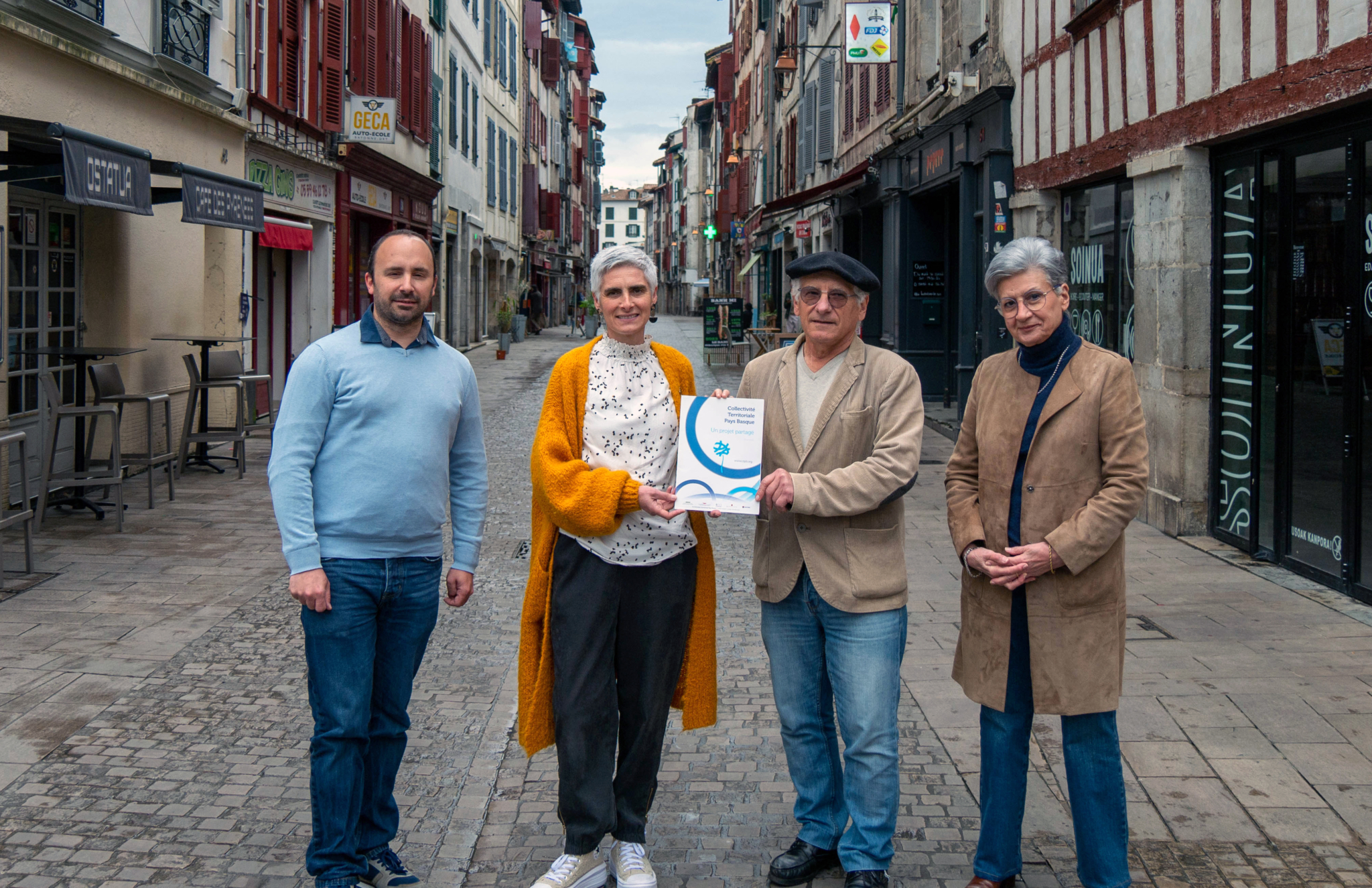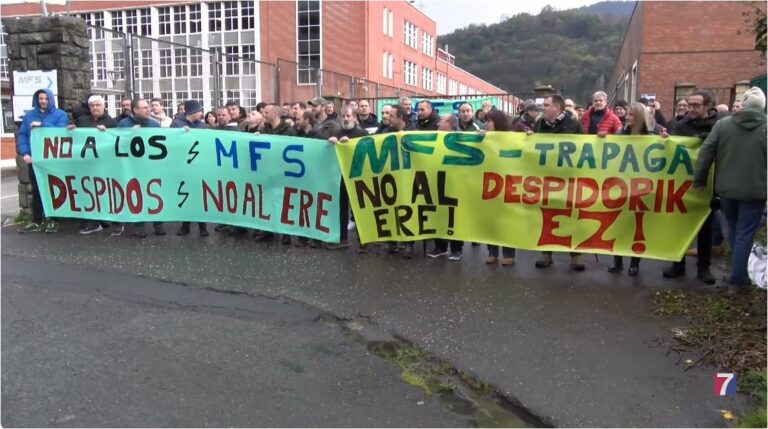Heavy metals in compost
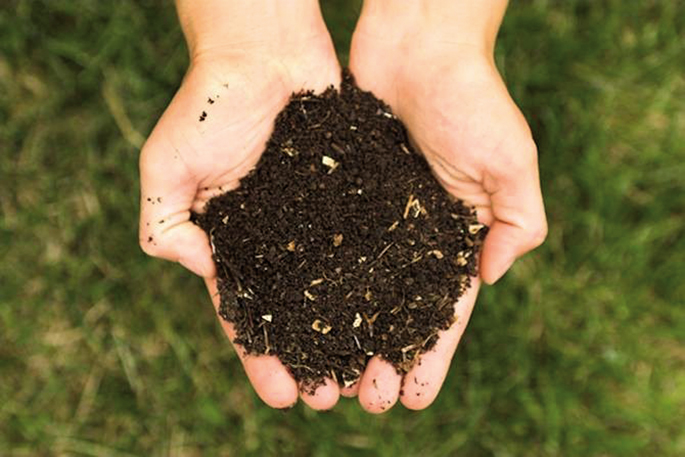
Heavy metals are the argument of many activists against compost. In fact, when compost analysis is performed, heavy metals appear, which raises the health problem.
Metals that can cause some kind of damage to the environment or health are generally referred to as heavy metal. As can be seen, this definition is rather diffuse and there is currently no global agreement on the specific definition of heavy metal. However, heavy metals are present in many environments and areas, and depending on those environments and areas, we find different types of heavy metals.
The most common heavy metals being studied in the world of compost are cadmium, copper, nickel, lead, zinc, mercury and chromium.
These heavy metals may have two origins: They may be on the same soil where the compost is, or on the organic waste we deposit in the compost. In fact, in the foods we consume every day there are heavy metals, as they are part of the meat, fish and plant organisms and not just the cooked fish and waste. Human beings also have heavy metals inside of us, which are essential in a certain proportion of our daily lives, but there are also heavy metals that do not have a specific function in our body and which can be toxic at high concentrations. This group includes, for example, the mercury that we have used so far in home thermometers or in batteries.
Compost heavy metal analysis measures the concentrations of each of the heavy metals mentioned above. Depending on the amount of heavy metals, and taking into account other parameters such as germination rate, the presence of pathogenic bacteria…, the compost will obtain values in the analyses; depending on these values, the compost will be classified in category A, B or C. Category A, for example, is the compost that can be used in organic production, which in theory is of the best quality.
However, according to the State, the values for obtaining category A, B or C are different, for example, to obtain category A in the Spanish State, a kilo of dry compost may not contain more than 0.4 mg of mercury, while in Greece it may reach 5 mg of mercury. The legislation on quality analysis of compost is therefore very vague, one thing is said in the European Union and another in the European States, but perhaps in all the laws this is also the case, right?
Meanwhile, continue to eat and more than heavy metals, preclude to ventilate well!
Aberri Eguna elkarrekin ospatzeko xedez sortu zen Euskal Herria Batera plataforma. Aurten, ikusgarri bat eskainiko dute apirilaren 11n, Manex Fuchs antzerkilariaren, Lorea Agirre idazlearen eta Martxel Rodriguez dantzariaren eskutik.









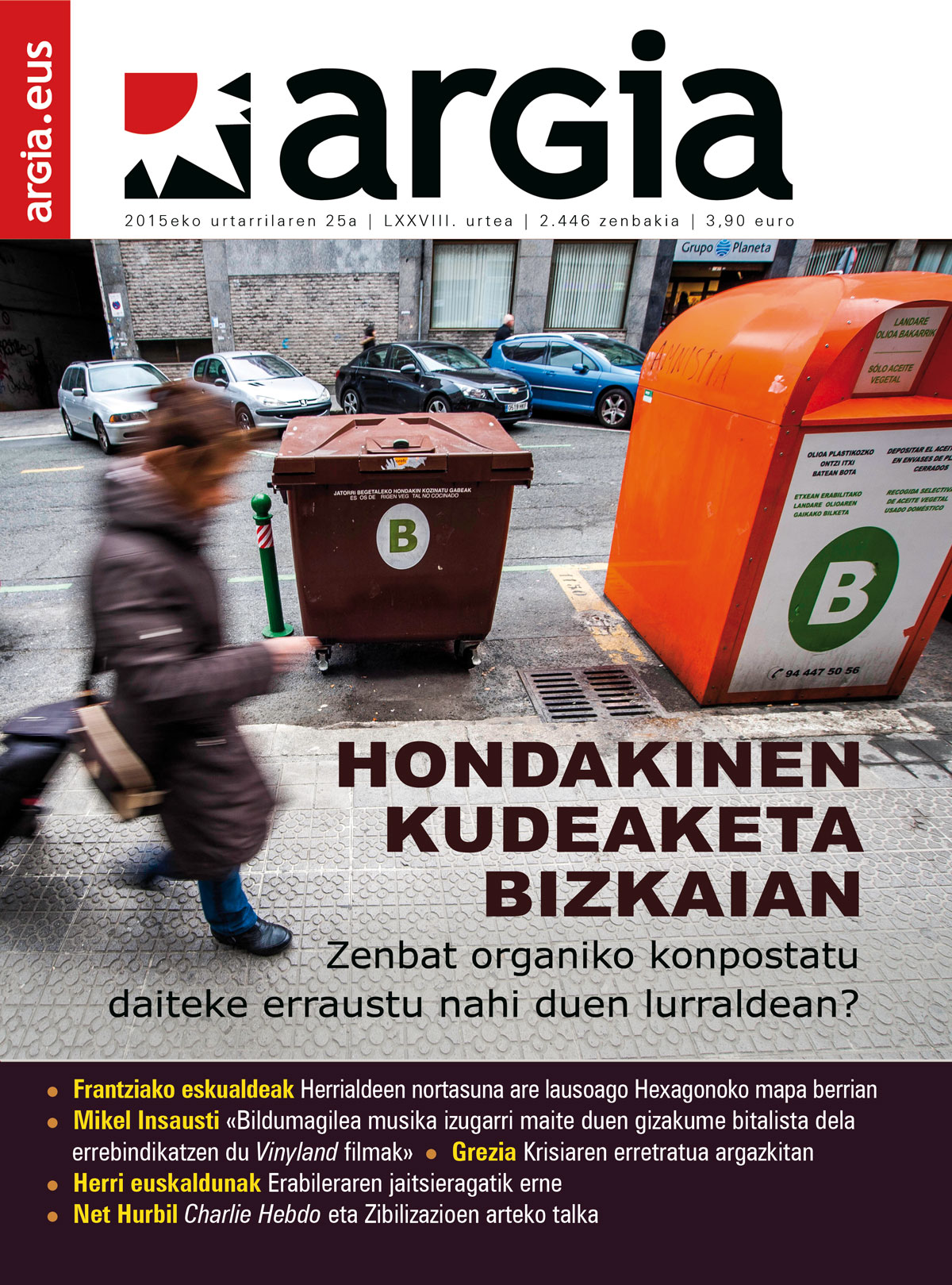

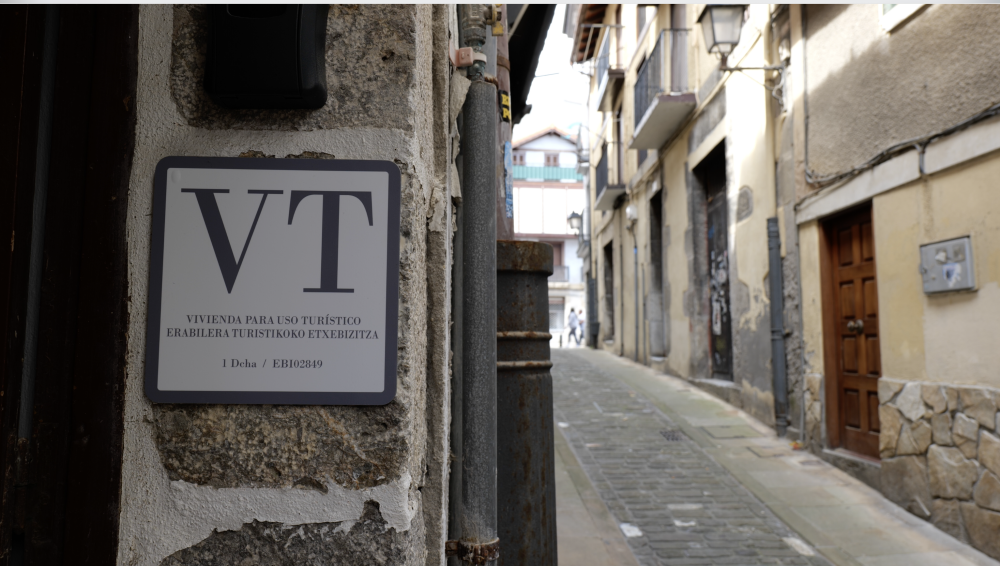

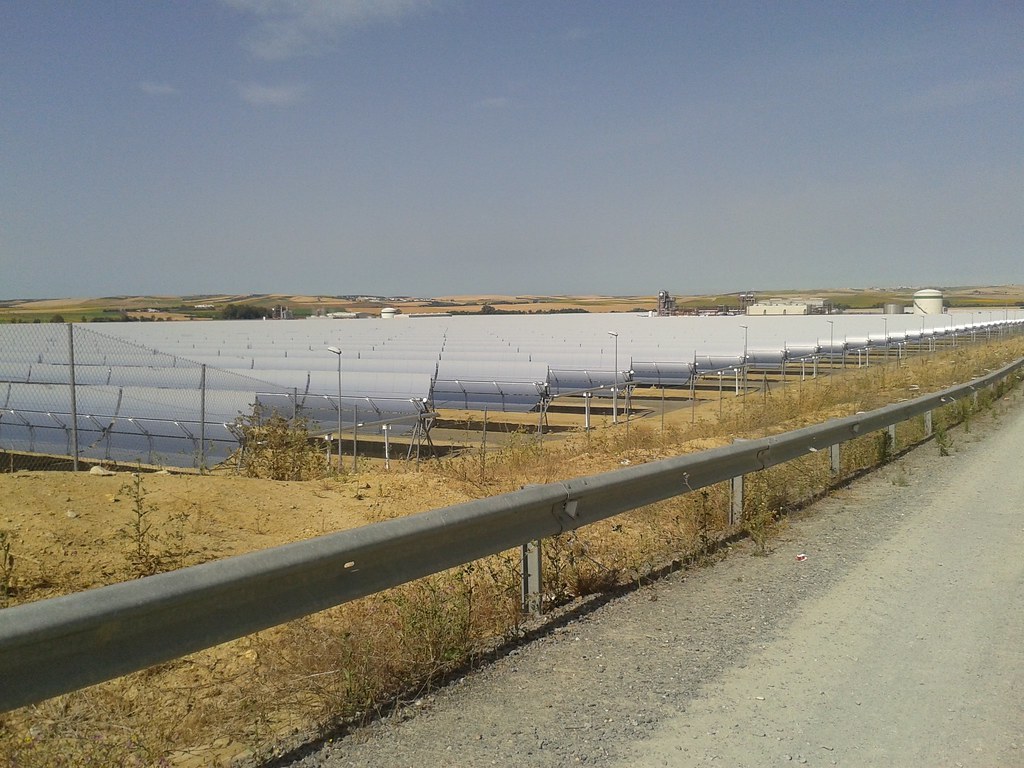
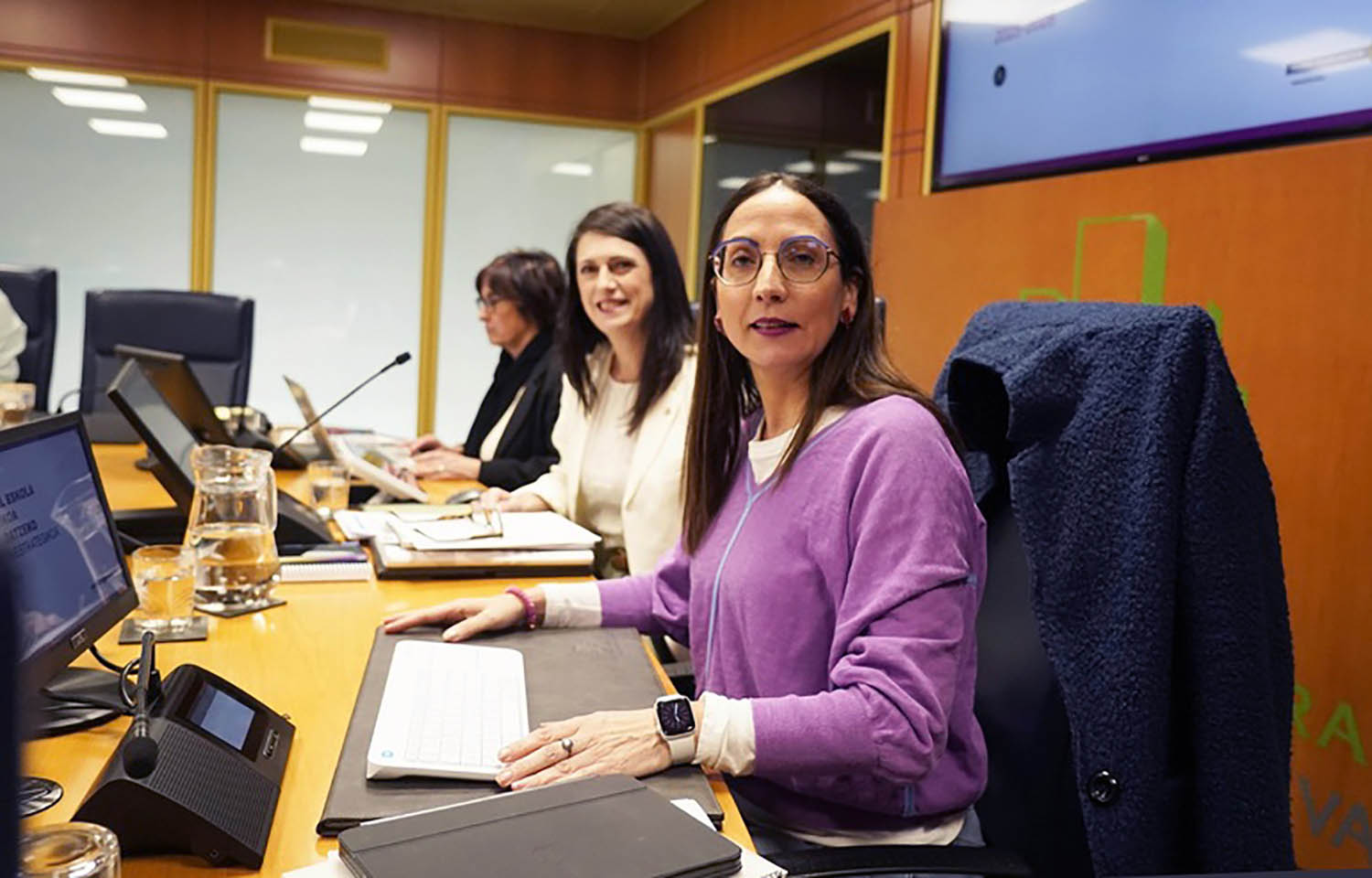


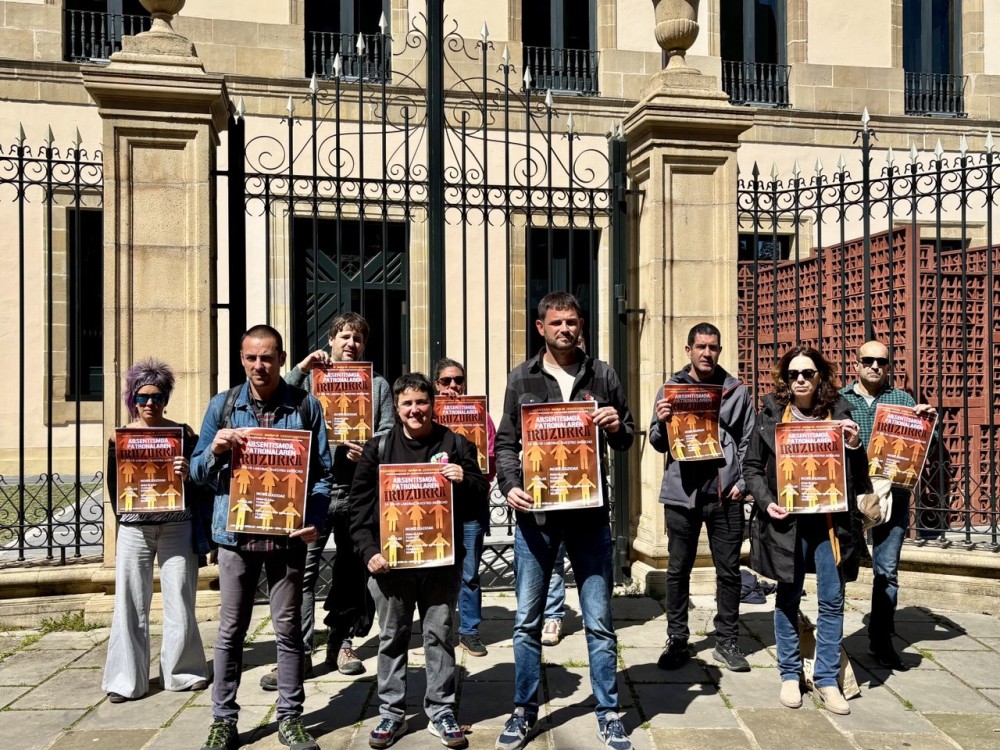

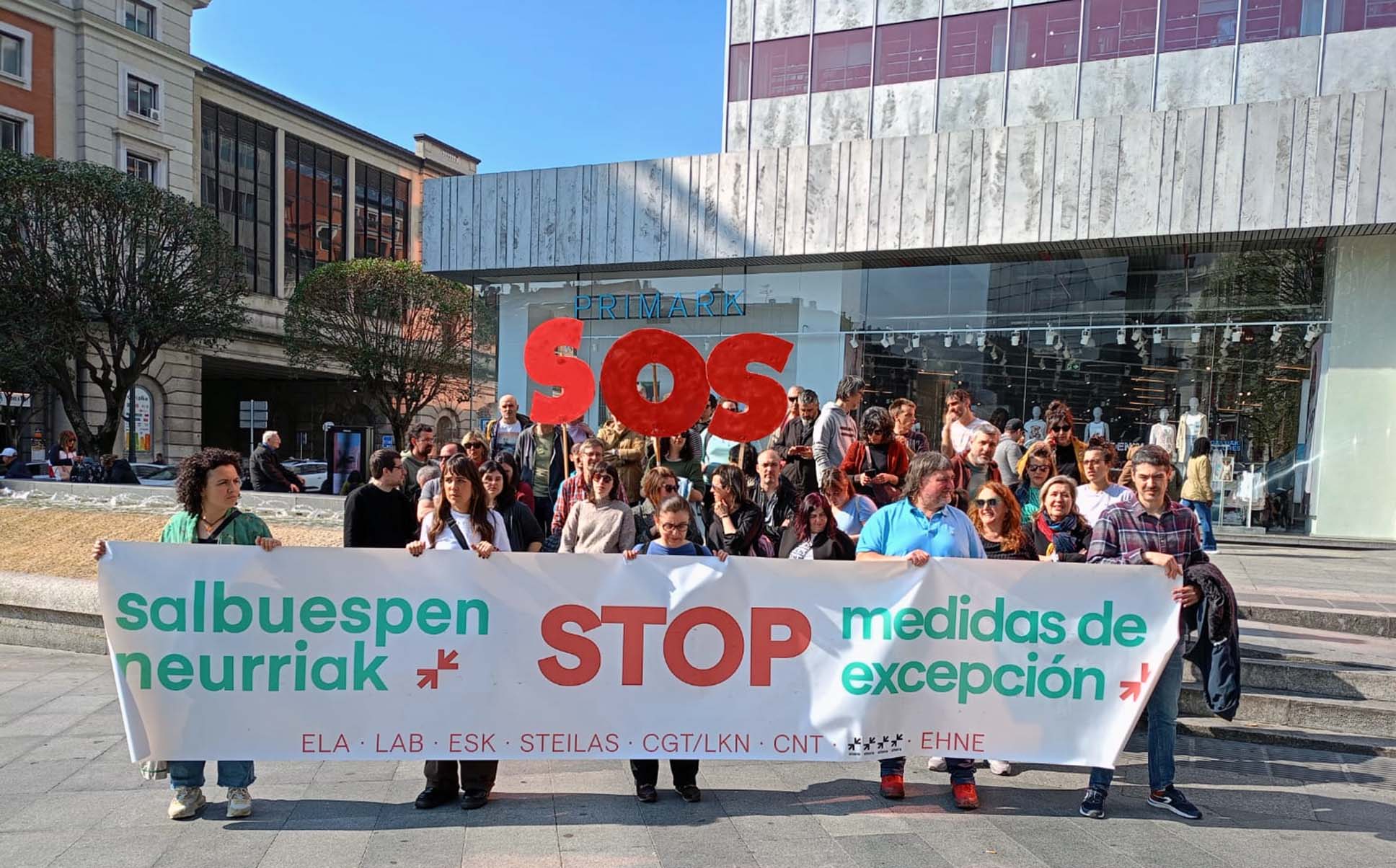
.jpg)

